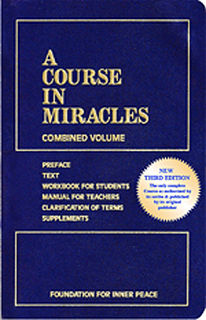A Quote by Ann Shulgin
It [MDMA] takes away the feelings of self-hatred and condemnation, which are the biggest obstacles to insight... For reasons we don't understand, MDMA allows people to do this, typically in one [psychotherapeutic] session.
Related Quotes
Under this law (Controlled Substances Act) a bureaucrat-usually not elected-decides whether or not a substance is dangerous and how dangerous that substance is. There's no more messing around with legislatures, presidents, or other bothersome formalities. When MDMA (ecstasy) was made illegal in 1986, no elected official voted on that. It was done "in house." People are now in jail because they did something that an administrator declared was wrong.
Introspection is self-improvement and therefore introspection is self-centeredness. Awareness is not self-improvement. On the contrary, it is the ending of the self, of the “I,” with all its peculiar idiosyncrasies, memories, demands, and pursuits. In introspection there is identification and condemnation. In awareness there is no condemnation or identification; therefore, there is no self-improvement. There is a vast difference between the two.
We focus on that really repulsive minority of racists. But then there's a continuum that goes all the way to, you know, what used to be called the white backlash or to, you know, the feelings of some white people that they're losing out and that the jobs and power and sort of the culture is drifting away from them and toward people who don't look like them, who don't - who they don't know very well. And that's not necessarily - I don't equate that with the hardcore ideological hatred of self-identified racists.
I think if you listen to our records, they come at different points in your life. When people say to me that Stars records have themes, I think what they mean is we write songs - or try to write songs - that are timeless. We try to write songs that catch you at the right time in your life, and that you can hold on to. We write kitchen sink songs. If you're doing the dishes or you're driving to your mom's funeral, or if you're getting over having done MDMA and you feel sad, you can listen to Stars because we're not going to demand of you that you be cool.

































